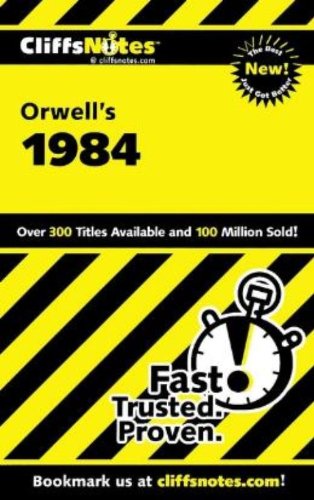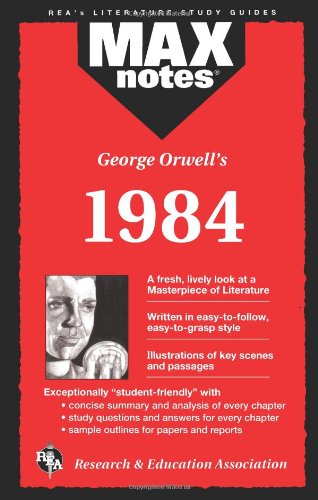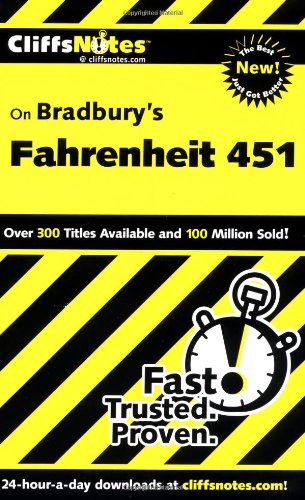Dystopias
Explore the best dystopian books that envision dark futures and societal collapses. Discover must-read classics and modern tales of caution, control, and rebellion in our curated list of dystopias.

Book
Nineteen Eighty-four
by George Orwell
Eternal warfare is the price of bleak prosperity in this satire of totalitarian barbarism.

Book
We
by Yevgeny Zamyatin
Before Brave New World... Before 1984...There was... WE In the One State of the great Benefactor, there are no individuals, only numbers. Life is an ongoing process of mathematical precision, a perfectly balanced equation. Primitive passions and instincts have been subdued. Even nature has been defeated, banished behind the Green Wall. But one frontier remains: outer space. Now, with the creation of the spaceship Integral, that frontier -- and whatever alien species are to be found there -- will be subjugated to the beneficent yoke of reason. One number, D-503, chief architect of the Integral, decides to record his thoughts in the final days before the launch for the benefit of less advanced societies. But a chance meeting with the beautiful 1-330 results in an unexpected discovery that threatens everything D-503 believes about himself and the One State. The discovery -- or rediscovery -- of inner space...and that disease the ancients called the soul. A page-turning SF adventure, a masterpiece of wit and black humor that accurately predicted the horrors of Stalinism, We is the classic dystopian novel. Its message of hope and warning is as timely at the end of the twentieth century as it was at the beginning.


Book
Brave New World
by Aldous Huxley
Huxley's story shows a futuristic World State where all emotion, love, art, and human individuality have been replaced by social stability. An ominous warning to the world's population, this literary classic is a must-read.

Book
Fahrenheit 451
by Ray Bradbury
Guy Montag is a fireman, his job is to burn books, which are forbidden.

Book
Anthem
by Ayn Rand
Anthem is Ayn Rand’s classic tale of a dystopian future of the great “We”—a world that deprives individuals of a name or independence—that anticipates her later masterpieces, The Fountainhead and Atlas Shrugged. They existed only to serve the state. They were conceived in controlled Palaces of Mating. They died in the Home of the Useless. From cradle to grave, the crowd was one—the great WE. In all that was left of humanity there was only one man who dared to think, seek, and love. He lived in the dark ages of the future. In a loveless world, he dared to love the woman of his choice. In an age that had lost all trace of science and civilization, he had the courage to seek and find knowledge. But these were not the crimes for which he would be hunted. He was marked for death because he had committed the unpardonable sin: He had stood forth from the mindless human herd. He was a man alone. He had rediscovered the lost and holy word—I. “I worship individuals for their highest possibilities as individuals, and I loathe humanity, for its failure to live up to these possibilities.”—Ayn Rand

Book
Flow My Tears, the Policeman Said
by Philip K. Dick
A Los Angeles television celebrity awakens one morning to find there is no record of his existence.


